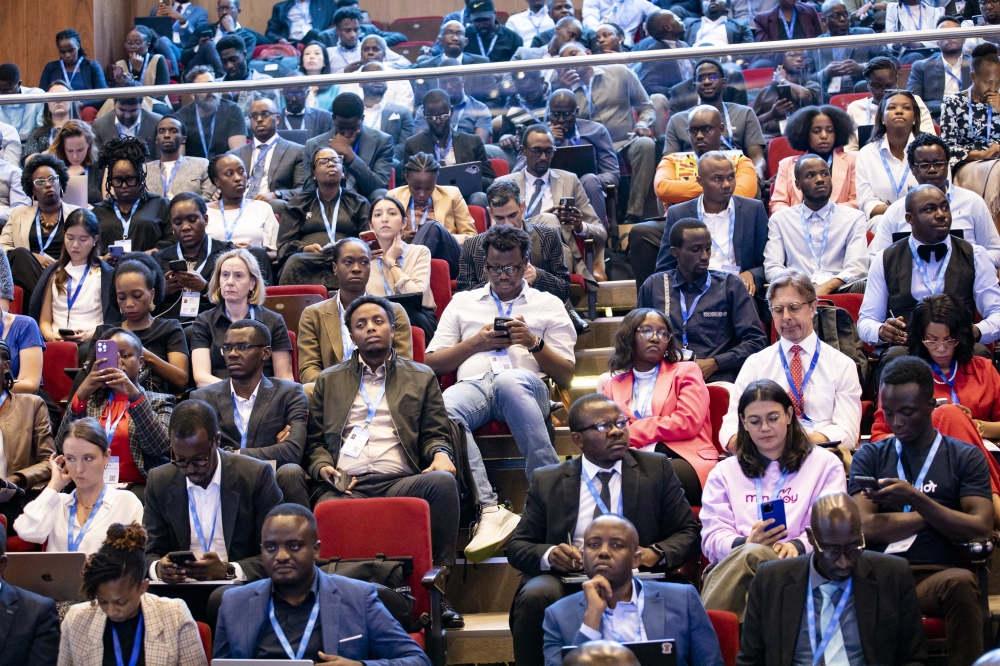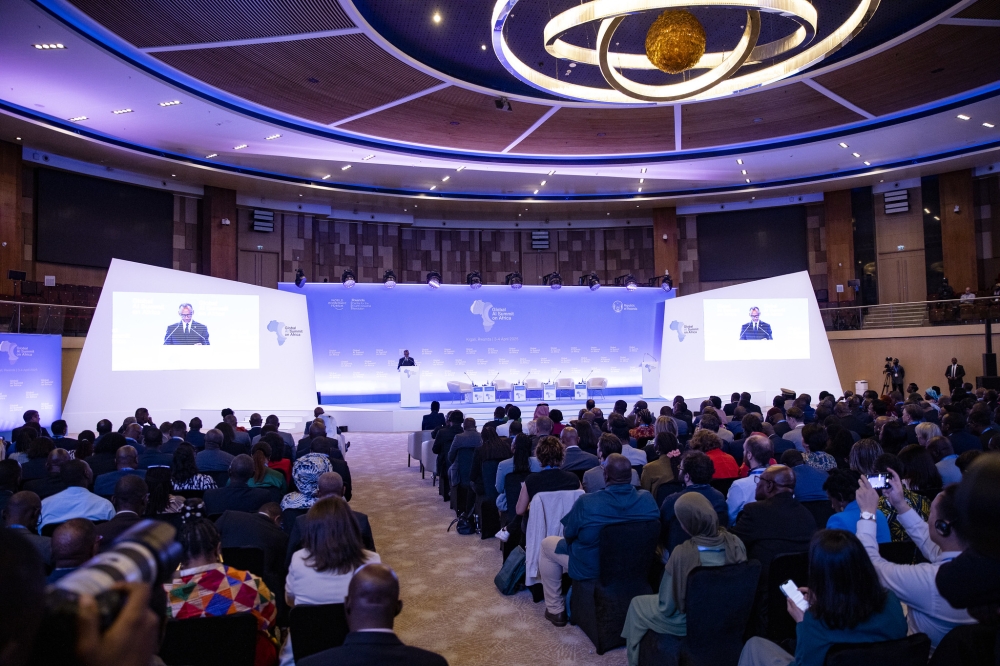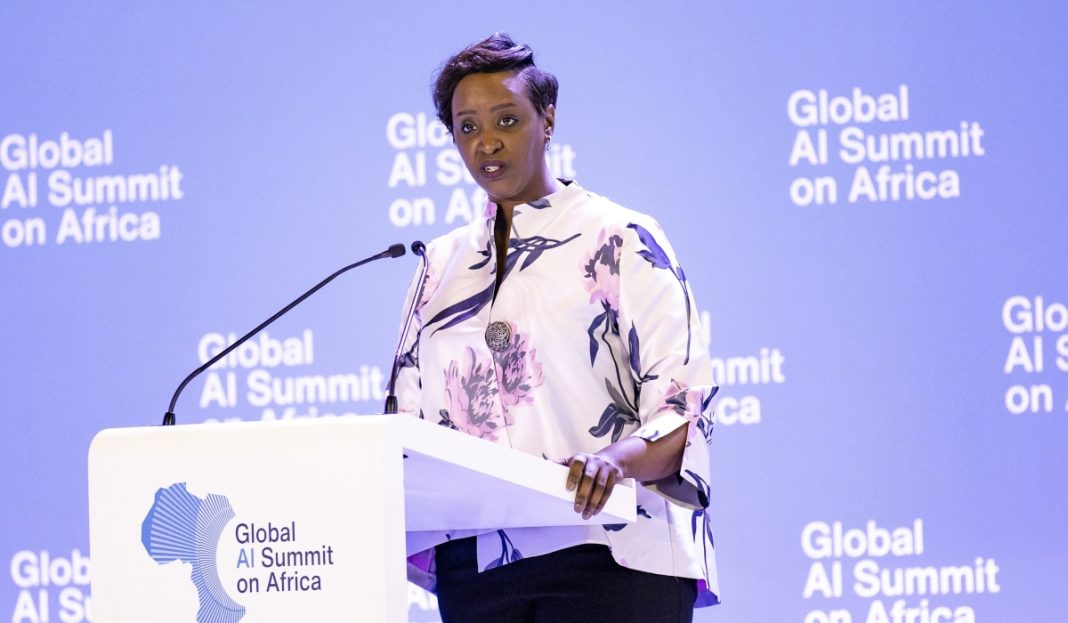The first-ever Global AI Summit on Africa concluded with the unveiling of the Africa Declaration on Artificial Intelligence—a landmark commitment that acknowledges both the continent’s unique opportunities and the challenges posed by AI. The declaration emphasizes Africa’s responsibility to harness AI in a way that promotes inclusive, ethical, innovative, and sustainable development.
Widely seen as a defining milestone in Africa’s AI journey, the two-day high-level summit, held from April 3 under the theme “AI and Africa’s Demographic Dividend: Reimagining Economic Opportunities for Africa’s Workforce,” brought together more than 1,000 participants, including government officials, tech entrepreneurs, industry leaders, and academics, to shape Africa’s role in the global AI era.
The declaration was presented by Crystal Rugege, Managing Director of Rwanda’s Centre for the Fourth Industrial Revolution (C4IR), which organized the summit in partnership with Rwanda’s Ministry of ICT and Innovation and the World Economic Forum. According to Rugege, the declaration builds on key strategies and policies from influential organizations like the African Union (AU), Smart Africa, and the United Nations.
“This declaration is rooted in principles of sovereignty, inclusivity, and diversity, aiming to ensure AI development reflects Africa’s cultural richness and strategic goals,” Rugege stated.
She stressed the need for AI to be shaped in ways that benefit all African communities, underpinned by values such as ethics, transparency, and respect for human dignity. She outlined several core commitments of the declaration, including:
Building a robust and competitive talent pipeline through continent-wide AI education and research initiatives
Establishing inclusive, open, and secure data governance frameworks
Ensuring affordable and sustainable computing infrastructure is accessible to innovators, researchers, and entrepreneurs across the continent
Creating regional AI innovation hubs to scale African AI enterprises both locally and globally
A central pillar of the declaration is significant investment in AI ecosystems, with a goal to mobilize funding—including a proposed $60 billion Africa AI Fund—to strengthen resilient AI infrastructure and foster cross-border collaboration through harmonized governance frameworks.

Another notable aspect, Rugege said, is the support for Smart Africa’s initiative to establish an Africa AI Council, which will help shape Africa’s voice in the global AI economy through inclusive, multi-stakeholder engagement.
She concluded by affirming the momentum of Africa’s AI ecosystem: “This declaration is not just about the future—it recognizes that Africa’s AI journey is already underway. As we close this summit, our focus must now shift to action: building infrastructure, forging partnerships, and scaling enterprises.”
The summit also comes as Rwanda deepens its efforts to assess and improve its AI readiness. During a recent X-Space session hosted by The New Times on March 28, Paula Ingabire, Rwanda’s Minister of ICT and Innovation, shared the country’s plans to evaluate its AI maturity and develop a clear strategic roadmap.

In response to questions about Rwanda’s preparedness to adopt AI, Ingabire highlighted that the country’s push to digitize all government services has generated vast amounts of data. The next step, she said, involves determining which data can be made publicly available to support innovation among students, researchers, and businesses.



